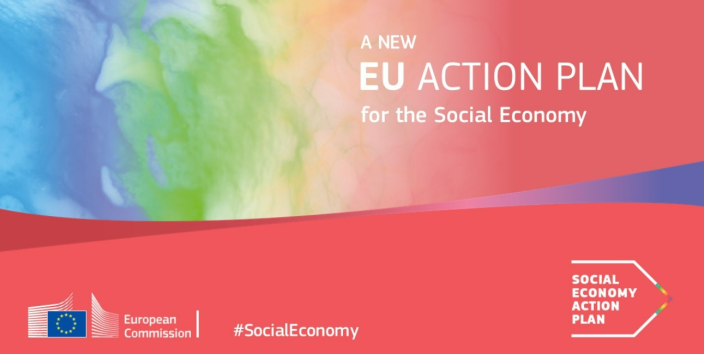Trade unions and social economy organisations have long cooperated and supported each other in the pursue of social inclusion, democratisation of the economy and valorisation of people into European societies and labour markets.
The operating model of social economy entities is characterised by some distinctive features: Putting people and collective objectives to the benefit of all over capital; the democratic governance principles or the reinvestment of most profits to carry out sustainable development objectives.
A real alliance between social partners and social economy organisations could contribute to creating a more social and community-oriented economic model, built on solidarity. It would also be useful for implementing the EPSR, supporting a sustainable recovery and building a more resilient EU economy.
However, the forms, the intensity and the economic and social impact of social economy highly varies across Europe. Thus, the trade union view of the Social Economy also varies depending on sectors, types of social economy, interrelationships and possible synergies.
The ETUC has been developing important pieces of work on mapping social dialogue in the social economy at various levels in Europe, and has already expressed some ideas with respect to the design of the European Commission Social Economy Action Plan (see press release and general reflections).
The ETUC social economy team developed a questionnaire to gather more information within ETUC affiliates and compile an up-to date state of play of the relations between trade unions and social economy. The aim is to develop a maybe critical but certainly constructive contribution to the potential of the social economy, and provide inputs for what measures should be undertaken to develop a favourable framework for the social economy and its economic and social potential.




